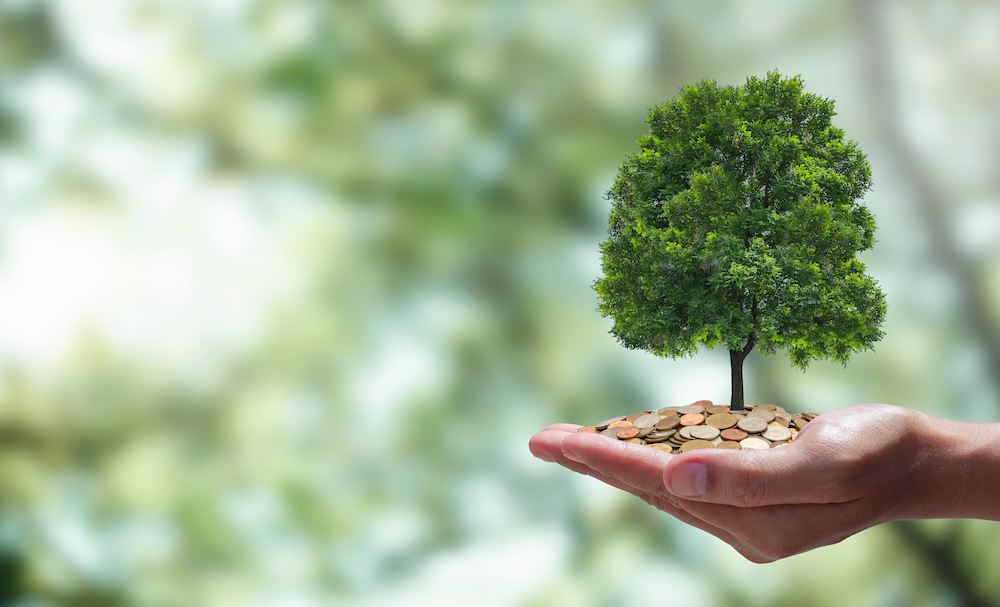It’s increasingly accepted that action must be taken in order to address climate change. CO2 emissions are a big part of the problem and laws, social pressure and good conscience are encouraging companies to reduce their levels of pollution.
The problem is, in some industries, creating CO2 is inevitable: it is simply part of the process. So, what can these businesses do about their emissions in order to meet targets and contribute less to climate change?
Carbon offsetting is one method people opt for.

What are carbon offsets?
In a nutshell: carbon offsets allow companies to pay for low-carbon practices elsewhere, theoretically ‘balancing the scales’ against the carbon they’ve emitted themselves. This is done on a credit system.
When one company has reduced carbon dioxide (e.g. by planting trees) or avoided carbon emissions (e.g. by building a wind farm in place of a coal power plant) they are awarded ‘carbon credits’. These can then be sold on and essentially cashed in against the carbon emissions of the buyer. The theory is that the buyer’s emissions have been cancelled out or ‘offset’ by the seller’s reductions.
Read more about if comparies should use carbon offsets on our main website: https://www.rochem-fyrewash.com/news/73-should-companies-use-carbon-offsets-in-response-to-the-deepening-climate-crisis/
